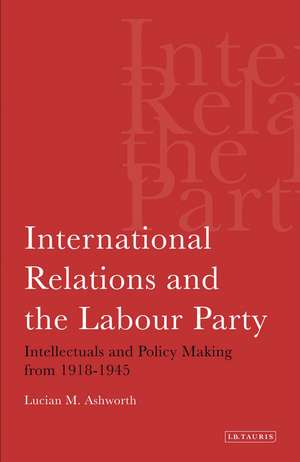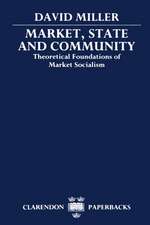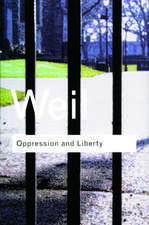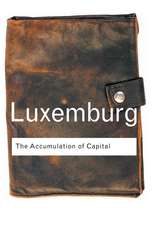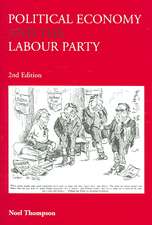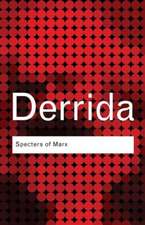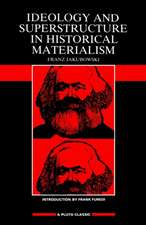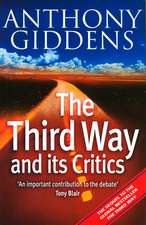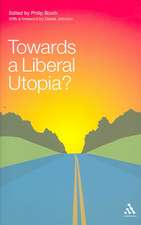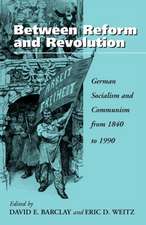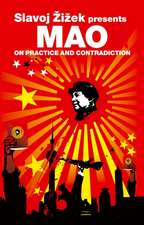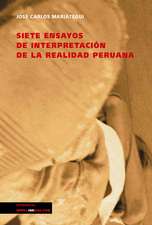International Relations and the Labour Party: Intellectuals and Policy Making from 1918-1945
Autor Lucian Ashworthen Limba Engleză Paperback – 27 iun 2016
Preț: 217.82 lei
Preț vechi: 244.84 lei
-11% Nou
Puncte Express: 327
Preț estimativ în valută:
41.68€ • 44.57$ • 34.75£
41.68€ • 44.57$ • 34.75£
Carte tipărită la comandă
Livrare economică 17 aprilie-01 mai
Preluare comenzi: 021 569.72.76
Specificații
ISBN-13: 9781780760452
ISBN-10: 1780760450
Pagini: 304
Dimensiuni: 138 x 216 x 28 mm
Greutate: 0.35 kg
Editura: Bloomsbury Publishing
Colecția I.B.Tauris
Locul publicării:London, United Kingdom
ISBN-10: 1780760450
Pagini: 304
Dimensiuni: 138 x 216 x 28 mm
Greutate: 0.35 kg
Editura: Bloomsbury Publishing
Colecția I.B.Tauris
Locul publicării:London, United Kingdom
Notă biografică
Lucian Ashworth is Lecturer in the Department of Politics and Public Administration at the University of Limerick, Ireland.
Cuprins
TABLE OF CONTENTS Chapter 1: Inter-War International Relations and the Rise of the Labour PartyThe problem with idealismLabour's great transformation. The Party in 1918The Labour Party Advisory Committee on International QuestionsChapter 2: Losing the Peace? 1918 to 1921H. N. BrailsfordOpposition to the peace treatiesCriticisms of the League of NationsFrench imperialism and the renewal of the international anarchyThe democratisation of foreign policyPacifism and radical socialism. The splits in Labour over foreign policyThe peace treaties as a continuation of the international anarchyChapter 3: The League and the New Diplomacy. 1922-1931Philip Noel BakerLabour as a party of government 1922-31Making the League work. From 'reconstitution' to 'a League foreign policy'Disarmament, arbitration and sanctionsThe Second Labour Government and the 'Peace of Nations'Making the League work. Labour and the last chance for peaceChapter 4: Peaceful Change and the Rise of Fascism. 1931 to 1939Norman AngellDoes capitalism cause war?Labour in the wilderness: rearmament v. 'pacifism' and 'socialism'The rise of the dictators and the weakness of League securityThe National Government and appeasementDefending capitalism? The road to warChapter 5: A Working Peace System? 1939 to 1945David MitranyLabour and the war years. Chamberlain's fall and the Churchill CoalitionPeace without recriminations? Immediate war aims and the Party intellectualsThe shape of the new order. Federal or functional proposalsThe Prospects for Allied unityChapter 6: Conclusion. Labour and the Idealist Muddle in IRLeonard WoolfThe role of Labour's inter-war international expertsThe Idealist muddle: Towards a better understanding of inter-war IRSocialists and liberals. The problems of a social democratic foreign policy
